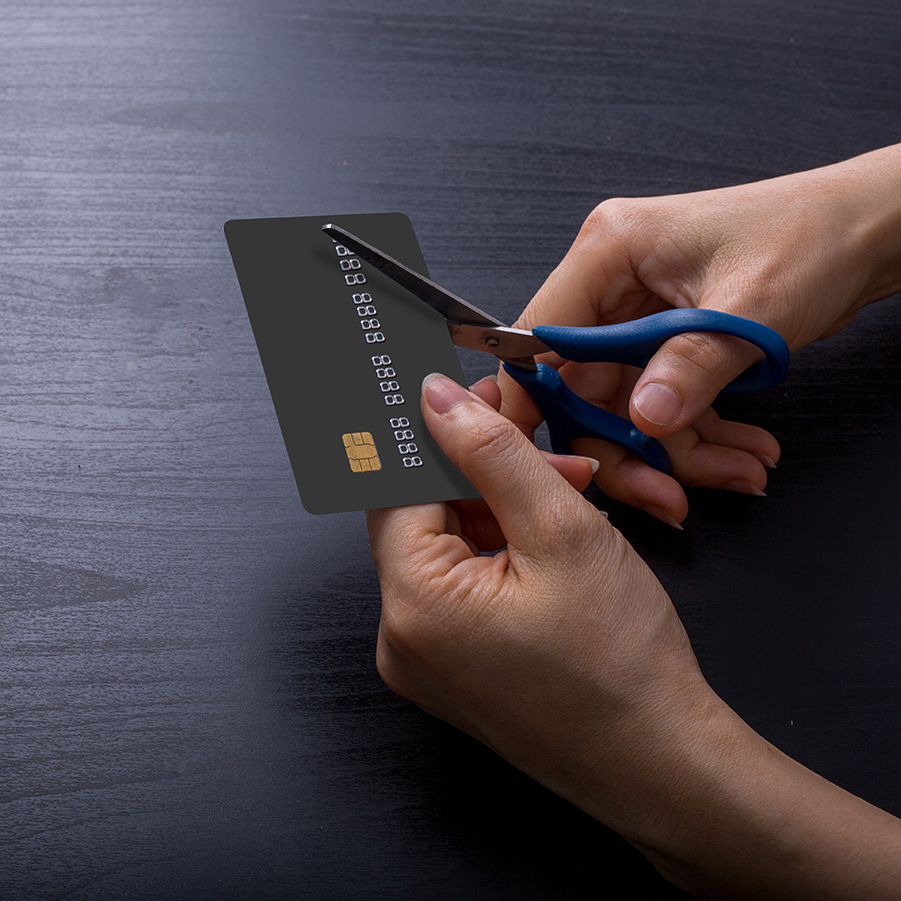Tracking Credit Card Debt
Tips for a Healthy Financial Balance
People all over the world are struggling with credit card debt.
The accessibility of credit cards and their ease of use may entice you to use them frequently, but if you don’t manage them responsibly, they can quickly lead to financial troubles. In this article, we will delve into effective tips to help you tackle credit card debt and achieve a healthy financial balance and provide you with a comprehensive understanding of the strategies to handle credit card debt effectively so you can find your way toward a financially stable future.
Understanding credit card debt
Before we jump into practical solutions, let’s take a moment to understand what credit card debt entails. When you make purchases using a credit card, you are essentially borrowing money from the bank or the credit card issuer. If you fail to pay off the full amount within the billing cycle, you will accumulate debt in the form of interest charges and fees. The longer you take to pay off your balance, the more your interest compounds and the more debt you incur.
It’s worth noting that not all debt is inherently bad. In fact, taking out loans and/or using credit cards responsibly can help build your credit score and establish a credit history. However, excessive credit card debt can quickly become burdensome and negatively impact your overall financial well-being.
Assess your debt situation
The first step toward effectively tackling any issue is to assess the situation. Take a close look at all your credit card balances and create a list of the amount you owe on each card, their interest rates and the minimum monthly payments. This exercise will provide you with a comprehensive overview of your current debt situation and serve as a starting point for your debt management journey.
Now that you’re armed with a deeper understanding of credit card debt and a thorough assessment of your financial situation, you can start tackling your debt with confidence. Here are some practical tips to help you on your journey to becoming debt-free.
Avoid impulse purchases
One of the main reasons people accumulate credit card debt is because of impulse purchases and overspending. To avoid falling into this trap, try implementing a cooling-off period before making any non-essential purchases. This could mean waiting 24 hours before buying something you want but don’t necessarily need. You may also find it helpful to unsubscribe from marketing emails and avoid temptations like online shopping or browsing in stores.
Consider consolidation
If you have multiple credit card balances with high interest rates, consolidating them into one loan with a lower interest rate could be a viable option. Debt consolidation can simplify your payments and potentially save you money in the long run. However, it is important to carefully consider all factors before choosing this route, such as any fees and whether or not you will be able to meet the monthly payment requirements.
Create a budget
One of the key steps in managing credit card debt is creating a budget. This involves tracking your income and expenses, categorizing them and identifying areas where you can cut back and save money. By setting clear financial goals and sticking to a budget, you will have a better understanding of where your money is going and how much you can allocate to pay off your credit card debt.
Increase your income
Another way to tackle credit card debt is to increase your income. This could mean picking up a side hustle, asking for a raise at work or finding ways to make money from your hobbies or skills. Any extra income you can generate can be put toward paying off your debt faster and getting one step closer to financial balance.
Seek support
Dealing with credit card debt can be stressful and overwhelming. It’s important to reach out for support during this time, whether from friends and family or professional resources. Consider joining a support group for individuals struggling with debt, talking to a financial advisor or seeking counseling if necessary. Taking care of your mental health while managing your finances is crucial.
Negotiate with creditors
Another option for managing credit card debt is to negotiate with your creditors. This may involve requesting a lower interest rate, a reduced payment plan or even a settlement for a portion of the debt. Be prepared to explain your financial situation and provide evidence if necessary. It can also be helpful to work with a credit counselor or debt relief agency who can negotiate on your behalf.
Prioritize your payments
As you work toward paying off credit card balances, it’s important to prioritize which debts to pay off first. One common strategy is the avalanche method, which involves focusing on paying off the highest interest rate balance first while making minimum payments on other cards. Another approach is the snowball method, where you focus on paying off the smallest balance first and then move onto larger balances. Whichever strategy you choose, make sure to consistently put money towards your debt payments every month.

